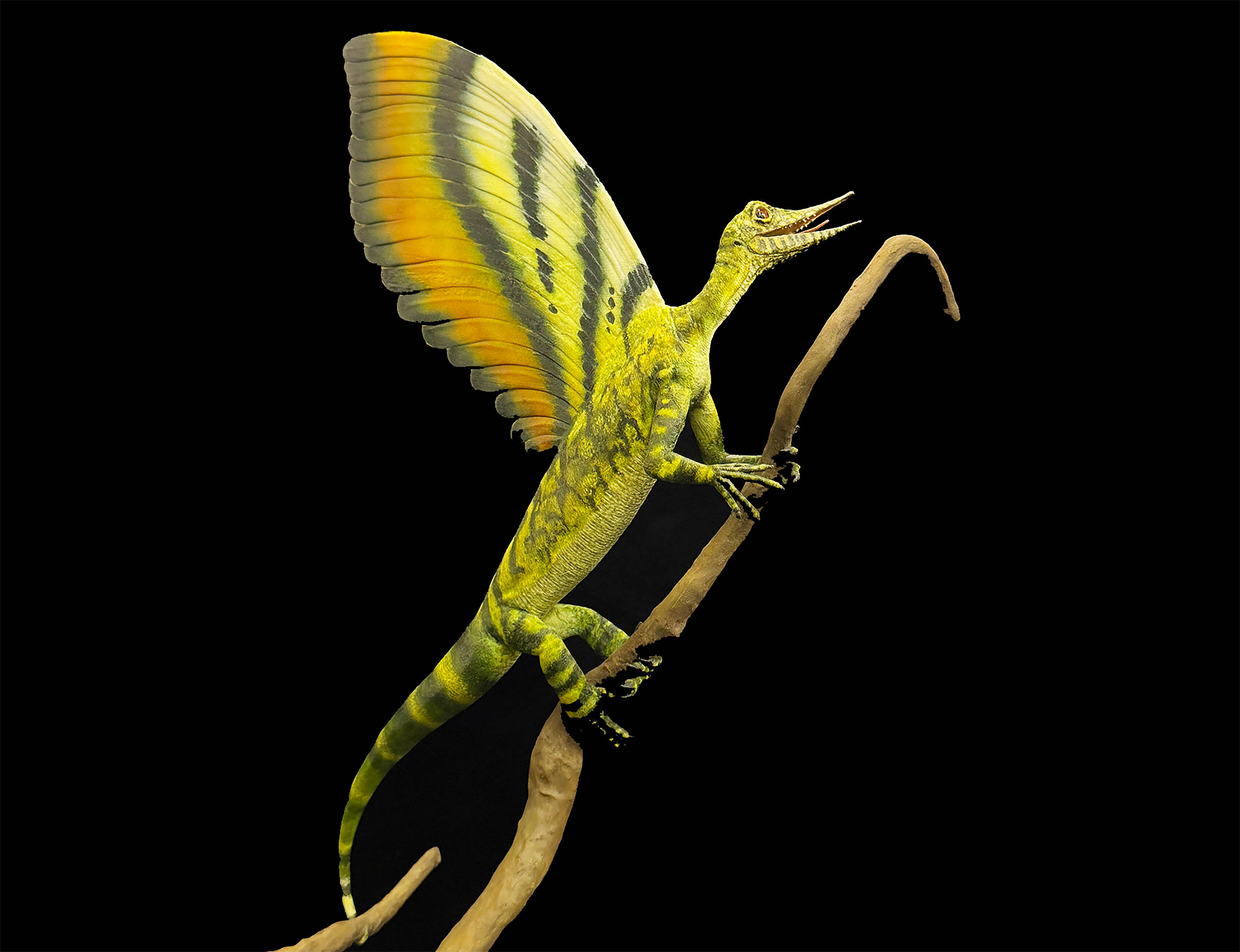T4K3.news
Ancient Fossilized Sperm Discovered
Scientists find 50 million-year-old fossilized sperm in Antarctica, revealing new insights into evolution.

A groundbreaking discovery in Antarctica reveals the oldest fossilised animal sperm ever found.
Oldest Fossilized Animal Sperm Found in Antarctica
Scientists have discovered the oldest known fossilized animal sperm, dating back 50 million years, in Antarctica. This remarkable finding, made by Dr. Benjamin Bomfleur and his team, pushes the timeline for such discoveries back by ten million years. Preserved within a cocoon that has remained untouched, the sperm originates from an extinct species related to earthworms and leeches. It is notable for its exceptional preservation, as sperm cells are usually not retained in fossil records due to their soft structures. The discovery provides valuable insight into an ancient form of life and its connection to modern crayfish worms. Dr. Bomfleur anticipates that further analysis may reveal even more about the anatomical structure of this ancient sperm. Interestingly, the sperm was discovered accidentally by Dr. Stephen McLoughlin while examining rock samples, demonstrating the unpredictable nature of scientific exploration.
Key Takeaways
"Finding preserved sperm within a cocoon was a discovery that no one had expected."
This emphasizes the unpredictability of paleontological discoveries.
"We might even have internal, anatomical make-up of the sperm cells still preserved."
Dr. Bomfleur points to the potential complexity of these ancient structures.
The discovery of fossilized sperm sheds light on a rarely documented aspect of animal evolution. It challenges the existing understanding of preservation conditions and extends the fossil record significantly. The implications of this find are profound, indicating that similar discoveries may exist yet to be uncovered. The promising indication of preserved internal structures presents opportunities for deeper investigations into the biology of ancient species. As scientists continue to explore ancient cocoon samples, we could see a shift in our understanding of soft-bodied organisms and their evolutionary pathways.
Highlights
- A surprising find opens new doors to ancient life studies.
- Every fossil tells a story; this one rewrites history.
- Accidental discoveries often yield the most fascinating insights.
- Research on ancient cocoons may reveal countless secrets.
Research Funding Concerns
The study of ancient fossils often requires substantial funding, which may face scrutiny amid budget constraints.
This significant find encourages ongoing exploration of ancient preservation techniques in paleontology.
Enjoyed this? Let your friends know!
Related News

Denver Museum Discovers Rare Dinosaur Fossil

Ancient fossils discovered in Indonesian Sea

New Mole Fossil Found That Changes Evolution Understanding

Scientists identify a new human species named Homo juluensis

Pulaosaurus Qinglong discovered in China

New fossil discovery challenges reptile evolution theories

Ancient amulet contains long-extinct trilobite fossil

First Soft Tissue Fossil of Giant Ichthyosaur Found
